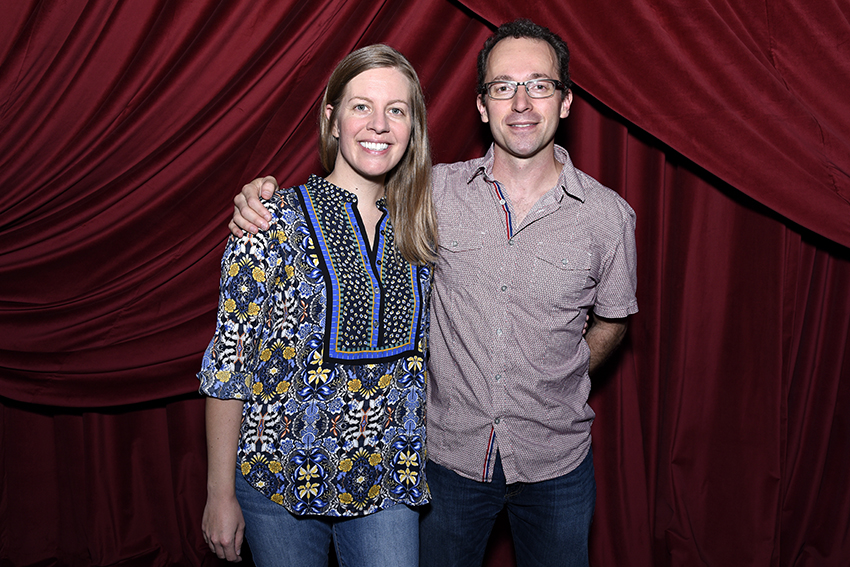The documentary “STUMPED” screened Sunday in Austin, putting on display the dangers of bacterial infections through the experience of a man who lost all his limbs.
Will Lautzenheiser contracted a bacterial infection for reasons doctors could not configure, and in 2011, he had his legs and arms amputated before the infection spread. Thanks to organ donors and prosthetics, Lautzenheiser today has all four limbs. After the documentary’s screening, UT assistant professor Bryan Davies — who produced the film — and other panelists discussed the making of the documentary and the importance of organ donation.
Davies, who runs a research lab that studies how bacteria causes disease and finds therapies to treat them, said Lautzenheiser’s story helps audience members understand the seriousness of bacterial infections. With the right support and medical implementation, Davies said the research done in his lab could change lives and prevent serious cases like Lautzenheiser’s.
“At the current rate which antibiotic resistance is growing, I think within about 30 years, bacteria will end up killing more people than cancer on an annual basis because we don’t have anything to treat them,” Davies said. “Even healthy people — we’ve all taken antibiotics sometime in our life. Imagine that’s gone.”
Director Robin Berghaus helped Davies with “STUMPED,” which was released in March and continues to screen nationally and internationally at film festivals. Berghaus said she chose Lautzenheiser because of his character.
“It’s pretty rare for someone to lose both arms and both legs,” Berghaus said. “It requires stamina and a support network, and (he) just happened to have a dark sense of humor … and I think that helped to be able to laugh at the face of tragedy.”
Lautzenheiser was the third patient in the country to undergo a double-arm transplant, made possible through organ donations. Today, nearly 120,000 people are in need of a lifesaving organ transplant.
Panelist Linda Meeker shared her personal experience with organ donation with the audience. Meeker said when her husband, who was an organ donor, died in a car accident, she found peace knowing that he was giving to others in need.
“That day, in (my) case, my husband’s life was going to end,” Meeker said. “When you talk about organ donation, somebody’s life had to end for that gift to be given further. If you know ahead of time that you would donate … then it brings some peace to that moment.”





















